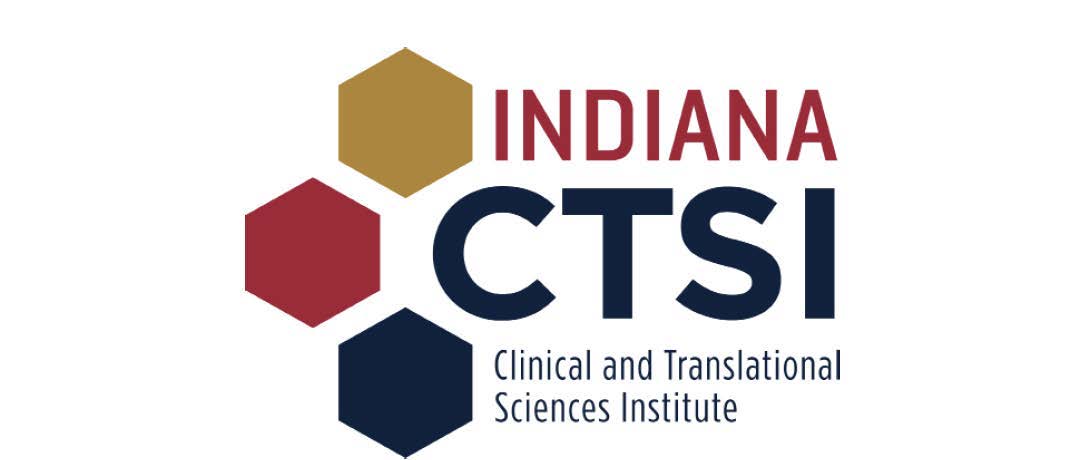Beginning this fall, the Bioethics and Subject Advocacy Program (BSAP) will have an expanded presence on the Bloomington campus to become the go-to service when it comes to all things ethics within a research project. They offer tailored advice, training and expertise on best practices regarding ethical concerns during a research project.
Part of Indiana CTSI, the Bioethics and Subject Advocacy Program supports translational research on all four campuses. They provide free, timely, confidential consultations to researchers, administration and leadership on research ethics and data safety monitoring.
The program helps investigators tailor their data and safety monitoring based on the complexity and risk of their research study, including determining the frequency and rigor of that monitoring to ensure it satisfies the IRB or other funding agencies. The Bioethics and Subject Advocacy Program has a number of faculty experts on hand for consultations, in a variety of backgrounds, so they can better match the expertise to the project.
“The Bioethics and Subject Advocacy Program is a unique, innovative collaboration that connects students, faculty and programs to leading ethicists who can provide timely, cutting edge applied ethics resources,” said Jody Madeira, Richard S. Melvin professor of Law and Bloomington liaison for the program. “In a world where customized consultations are increasingly difficult to access and prohibitively expensive, the program offers a wide array of services at no cost. Staff are always eager to step forward to address new challenges!”
It is a flexible service that can be both responsive as well as preventative, depending on the needs of the researcher. The group is equipped to tackle sticky situations that arise mid-project that warrant ethical concerns, as well as help researchers with established infrastructure and training prepare for such challenges or avoid those situations entirely.
They offer two courses: “Introduction to Research Ethics” (3 credits, fall) and “Responsible Conduct of Translational Research” (1 credit, spring) for students and student researchers, as well as customized training programs around requested subject matter. Their Responsible Conduct of Research training meets NIH requirements for K, T and F grants.
In addition to formal training, the program also offers more professional development guidance through their monthly talks regarding ethical issues in translational research (TREATS Talks). These topics include ethical considerations of AI research for patient benefit, being a researcher and an advocate, clinical diversity and paying research participants among others.
No matter where a researcher is in their project, the Bioethics and Subject Advocacy Program offers ethics consultations at every stage, including grant proposals. Those interested in training or setting up a consultation can do so by visiting the BSAP website or by requesting consultation.



